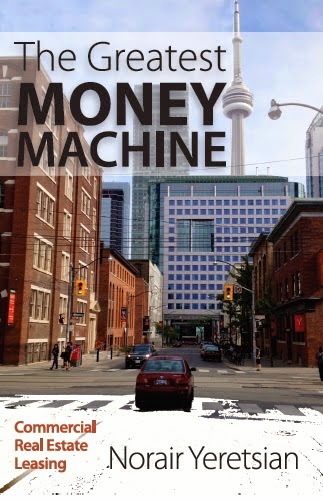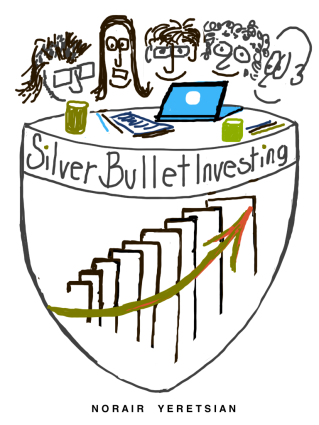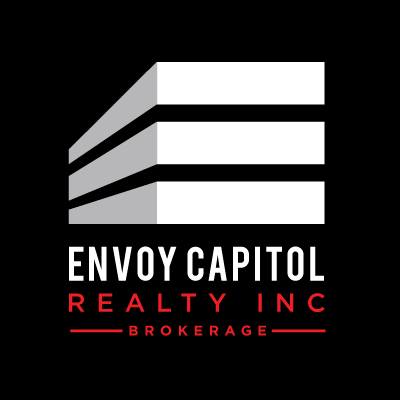Year End Action

Taxes and Death, in that order two certainties of Life.
Declaring all your rental income from your Condo in Toronto, to the secondary units in your home or other investment real estate should be naturally done, because eventually it will be revealed, then it will be painful with penalties and interest.
Equally important is the reporting of any sales of investment properties as there will naturally be tax consequences.
Do not ignore your tax liabilities like an individual that purchased a Condo units several years ago and sold it a few years ago and was made aware of the tax consequences by the CRA because he failed to appropriately report (and file) his revenue and expenses. He made matters worst by ignoring the tax bill sent to him, that resulted in his bank accounts being frozen until he deals with this matter satisfactorily.
Don’t be this Canadian citizen now with a heavy tax liability.
It does not need to go there. Report regularly, keep your paperwork in order and use a good CPA so that your life remains simple.
Better to be pro-active than re-active and it will cost you a lot less in the end. And if you receive a letter from the CRA deal with or have your CPA deal with it in a timely manner.
Most investors learn eventually that it is less expensive to use a professional early in the investment cycle.
The annual ritual of collecting, organizing and delivering of your investments documents and receipts to your accountant in order to prepare the financials may seem a major undertaking but it doesn’t have to be that way. If you have more than two properties using organizing software or an App for your tablet may be a useful exercise and can be easily shared electronically with your accountant.
On the form; “Statement of Real Estate Rentals” provided by the CRA helps you organize the necessary information starting with the period it represents to your personal info like; SIN, Name and Address.
Under the Income section; details of the addresses of the properties and number of units and the gross rents you collected and ending with the Total – Gross Rental Income. This amount will go on your tax return on the appropriate line indicated on the form.
The next large section deals with the Expenses; and here you list all the expenses that you incurred for the operation of the properties to help you make the income and will be claiming that was spent in the time period defined.
Once the cash in flows and out flows are dealt with, the form requires you to detail your co-owners; full names, their SIN numbers, the percentage of ownership; Share of net income(loss) before CCA and lasting the Share of CCA. That’s page one, page two is Capital Cost Allowance Schedule.
The topical area of Capital Cost Allowance (CCA) requires you to seriously sit down with your tax advisor/ chartered accountant and navigate the whole idea of buying hold acclaiming CCA and eventually selling of the investment property.
Each and every investor will have a different motivation and history with the properties they purchase, understanding the investor’s intentions and desires at the outset will assist greatly in determining the cash flow strategy to employ to achieve maximum benefit.
1 : Locate and select the tax/financial advisor and CPA you want to work with and who will file your paperwork on time for a reasonable fee.
2 : Gather all the important/necessary information.
3 : Based upon what format your tax/ financial advisor says; whether software, App, spreadsheet or simply paper – preliminarily organize and populate the information into the appropriate form.
4: Meet with your tax/ financial advisor discuss the numbers you prepared and the timing for them to do their work.
5 : Once you have the initial draft for review and you approve it for submission [by signing the authorization, because you are ultimately liable for all the paperwork and submissions], this establishes a benchmark and now you know what information you should be keeping and start measuring your performance against it going forward.
If you have a large profile of properties the meeting with your accountant should happen earlier and more frequently.
These are links to some useful and helpful resources ;
also Google; taxmatters@EY [ Ernst & Young ] and Deloitte
Understanding all real estate investments have tax consequences should help the investor better plan for this eventuality.
The above is not meant to be tax advice but for educational purposes to initial discussion and awareness of tax issues. It is strongly recommended that businesses and investors seek professional advice from a competent CPA (accounting professional) who understands Canadian taxes and tax strategies.
Thinking about investing or selling an investment property ?
We can help with our talented team of professionals at
Envoy Capitol Realty Inc., Brokerage call or email us and we would be happy to meet with you and review your investments and options.
Email : capitalmoves@gmail.com Telephone (416) 441-6163
Check out our books on Amazon ;
The Greatest Money Machine and Silver Bullet Investing



3219 Yonge Street, Suite 227 Toronto Ontario M4N 3S1
You must be logged in to post a comment.